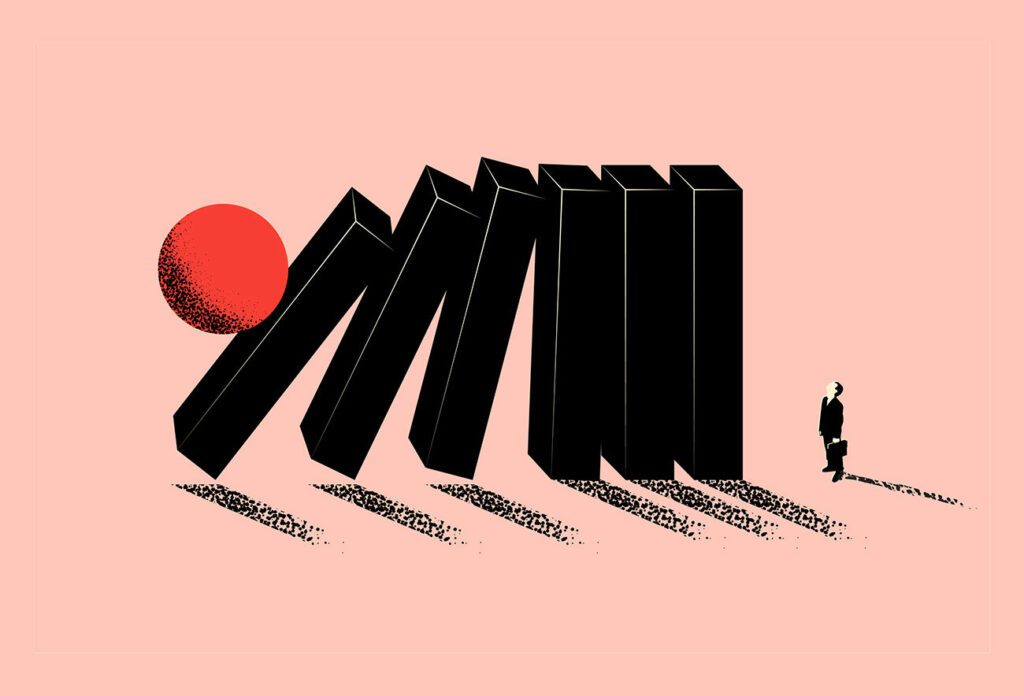The phrase preparedness paradox has been bandied about since 1949 in various contexts, most notably the military and financial systems. The term resurfaced concerning the Covid-19 pandemic and the global government response. What is the concept of the Preparedness Paradox?
The “preparedness paradox” states that preparing for danger, such as an epidemic, or natural disaster, can keep people safe from that danger. People incorrectly conclude that the threat was not harmful because they did not see negative consequences.
The Pandemic Wake-Up Call
Following the outbreak of the COVID-19 pandemic, there has been a flood of calls and initiatives to improve pandemic preparedness. The World Health Organization is working on a historic global accord on pandemic preparedness, response, and prevention. The World Bank recently established a new pandemic fund. And the action does not end at the international level. Countries are also beefing up their pandemic preparedness.
In the Netherlands, for example, the government prioritized pandemic preparedness in its coalition agreement, allocating a yearly budget of 300 million euros to this purpose.
The COVID-19 pandemic served as a wake-up call, highlighting the critical importance of pandemic preparedness. (Source: PM Live)
Preparedness Paradox on Covid 19
The COVID-19 pandemic highlighted an odd paradox. Countries with high pandemic preparedness failed to prevent COVID-19 deaths, whereas countries at the bottom of pandemic preparedness rankings fared surprisingly well. The “Preparedness Paradox” demonstrates how limited our understanding of effectively preparing for crises is. The COVID-19 pandemic served as a wake-up call, highlighting the critical importance of pandemic preparedness.
Countries that were well-prepared, such as Belgium and the Netherlands, reported a surprisingly high number of COVID-19 deaths. The surprising failures in the upper-right quadrant. In contrast, countries such as the Czech Republic and Estonia performed surprisingly well. The relationship between preparedness and response is not as simple as it appears.
The main issue is that we must rely on assumptions. Our knowledge of how crisis preparedness influences crisis response is simply insufficient. Although preparedness and response have been extensively studied in isolation, much about their relationship remains unknown, as the COVID-19 pandemic has painfully demonstrated. This realization is especially troubling in light of the ongoing turbulence governments face and the crises that loom ahead, with the consequences of the climate crisis at the top of the list.
The COVID-19 pandemic’s Preparedness Paradox demonstrates that improving our understanding of the relationship between crisis preparedness and crisis response should be a top priority on the research agenda if we want to invest in improving pandemic preparedness worthwhile and preparing more robustly for future crises.
Support for pandemic preparedness spending is likely to fall faster than case counts, especially as the world considers how to pay for COVID-19. This is the political situation. We cannot wait any longer.
But this requires public investment, and the gap between what should have been changed and what was changed was vast in every previous outbreak.
It is neither impossible nor controversial to achieve. The greatest gift these trying years have given us is the determination and urgency to better prepare for the next pandemic. With enough investment, planning, and expertise, the next potential pandemic may not make headlines. (Source: PM Live)
Image from Knowledge.Wharton
